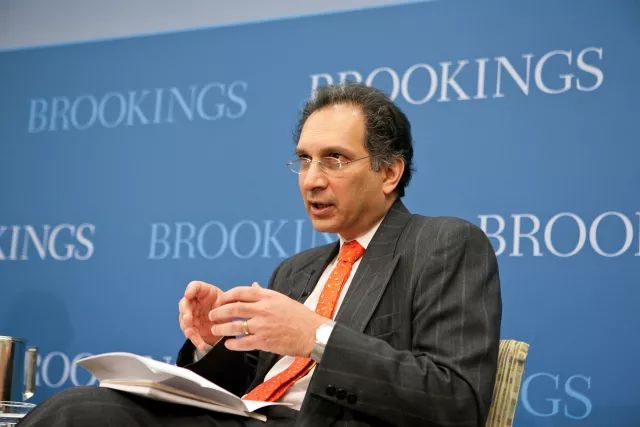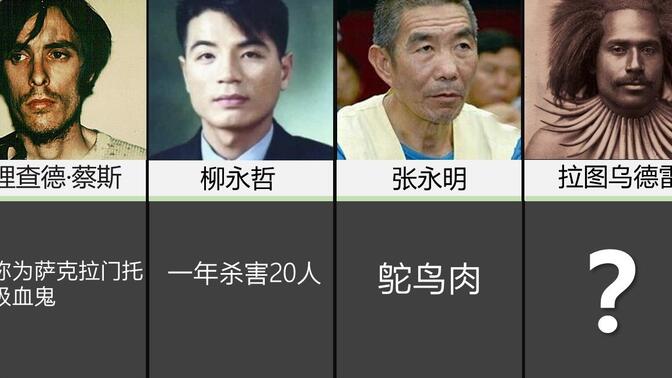In the annals of human history, few events have wrought as profound and far-reaching changes as the COVID-19 pandemic, which has reshaped our lives, economies, and social structures on a global scale. This essay endeavors to delve into the multifaceted impact of the pandemic, examining its effects on healthcare systems, economies, education, social dynamics, and the role of international cooperation in mitigating its consequences.
The Strain on Healthcare Systems
The initial outbreak of COVID-19 in late 2019 exposed the vulnerabilities of healthcare systems worldwide. Countries with underfunded public health infrastructure and inadequate preparedness plans were particularly hard hit. Hospitals were overwhelmed with patients, and medical staff, often lacking adequate personal protective equipment (PPE), risked their lives to save others. The pandemic underscored the importance of robust healthcare systems, emphasizing the need for investment in public health infrastructure, training for healthcare workers, and stockpiling essential medical supplies.
Moreover, the pandemic highlighted the interconnectedness of global health. As the virus spread rapidly across borders, it became evident that no country could be fully secure without effective global cooperation. The World Health Organization (WHO) played a crucial role in coordinating the international response, advocating for transparency in sharing of information and vaccines, and urging member states to prioritize public health over short-term economic gains.
Economic Disruptions and Recovery Efforts
The economic fallout from the pandemic has been severe and far-reaching. Businesses, particularly those in the service and hospitality sectors, were hit hard by lockdowns and social distancing measures. Unemployment rates skyrocketed, with many small businesses struggling to survive due to a lack of revenue and the inability to access financial aid. Governments worldwide implemented stimulus packages and bailout measures to cushion the impact on their economies, but these measures came with their own set of challenges—debt accumulation and concerns about long-term fiscal sustainability.
The pandemic also accelerated the shift towards digitalization and e-commerce, as remote work and online shopping became essential for maintaining economic activity. While this trend holds promise for enhancing efficiency and inclusivity in the long run, it also widened the digital divide, exacerbating inequalities between those with access to technology and those without.
Education in a Virtual World
Education systems worldwide were forced to adapt rapidly to online learning, a sudden shift that exposed both its strengths and weaknesses. On one hand, it allowed millions of students to continue their studies amidst lockdowns, preserving continuity in learning. On the other hand, it highlighted the disparities in access to technology and internet connectivity, exacerbating the already existing educational gap. Rural and marginalized communities were particularly affected, as they lacked the resources to participate fully in online classes.
The pandemic also underscored the importance of mental health support for both students and teachers. The stress of uncertainty, isolation, and academic disruption took a toll on individuals' well-being, necessitating a renewed focus on mental health resources and support systems within educational institutions.
Social Dynamics and Community Building
The physical distancing measures implemented to contain the virus led to a profound transformation in social dynamics. Face-to-face interactions were replaced by virtual gatherings, altering how people maintain relationships and engage in social activities. While this shift facilitated continued social interaction under difficult circumstances, it also highlighted the importance of human touch and the loss of nonverbal communication cues.
The pandemic also sparked a renewed emphasis on community resilience and solidarity. As people faced hardships together, they formed support networks, both online and offline, demonstrating the power of human connection in times of crisis. Neighborhoods became communities, with residents banding together to help each other with essentials like groceries and medications. This sense of community building has the potential to shape our societies post-pandemic, fostering a more inclusive and supportive environment.
The Role of International Cooperation
The COVID-19 pandemic underscored the importance of international cooperation in addressing global challenges. The rapid spread of the virus across borders underscored that no country can be fully secure unless all countries are secure. The sharing of information on the virus's origins, transmission patterns, and effective treatment protocols was crucial for containing its spread. Similarly, equitable access to vaccines is a moral imperative; however, the unequal distribution of vaccines highlights the need for stronger global governance mechanisms to ensure equitable access for all countries.
International organizations like the WHO have a crucial role to play in coordinating responses to pandemics and ensuring that developing countries are not left behind in terms of access to vaccines and other essential resources. Additionally, private sector collaboration is essential, with companies sharing knowledge on production techniques and supply chains to increase global vaccine production capacity.
Looking Ahead: Lessons Learned and Future Challenges
As we navigate through this unprecedented time, several lessons have been learned that will shape our responses to future crises: investing in public health infrastructure is crucial; digitalization presents both opportunities and challenges; mental health support must be integrated into all aspects of society; international cooperation is paramount; and resilient communities are built on strong social connections.
Looking ahead, we must strive for a more inclusive digital future that ensures that no one is left behind in terms of access to technology and education. We must also reimagine our healthcare systems to be more resilient and equipped to handle future pandemics by investing in preventive measures, training healthcare workers, and stockpiling essential supplies. Furthermore, strengthening global governance mechanisms to ensure equitable access to vaccines and resources is vital for our collective security.
In conclusion, the COVID-19 pandemic has been a defining moment in modern history, revealing both our vulnerabilities as a global community
转载请注明来自爬爬百科,本文标题:《全球社会中的疫情冲击,反思性论文》












 京ICP备11000001号
京ICP备11000001号
还没有评论,来说两句吧...